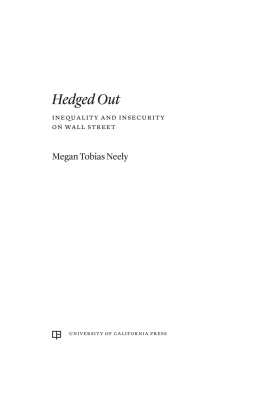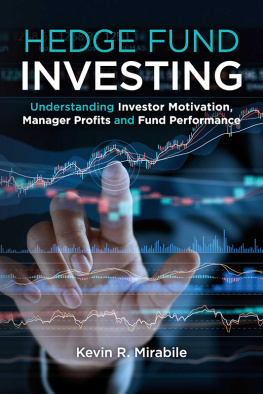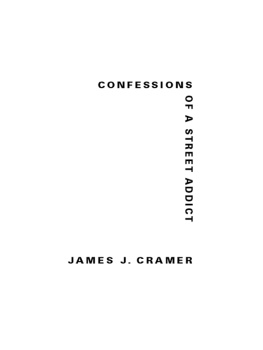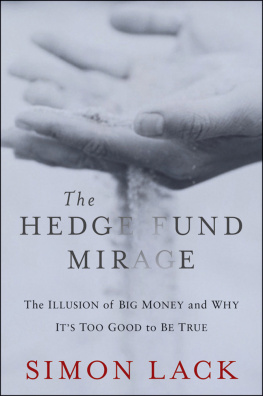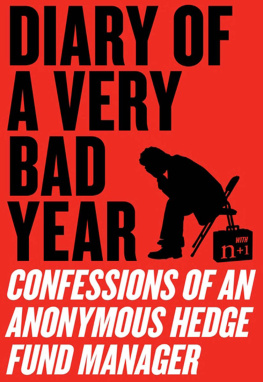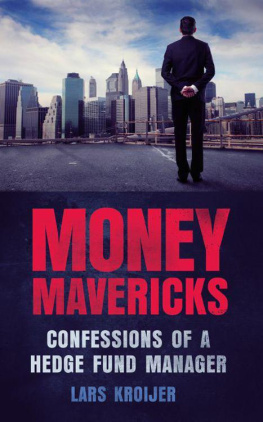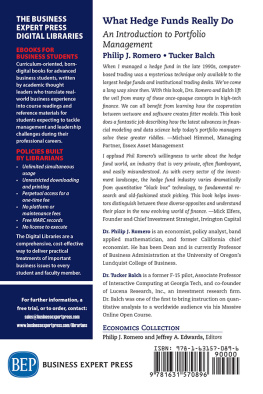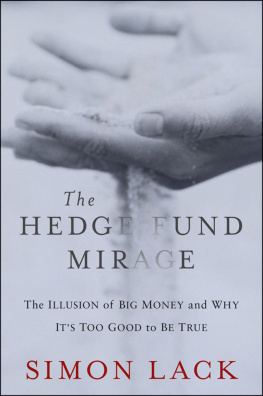Acknowledgments
This book was made possible by the inspiration, encouragement, and kindness of so many people, those who generously shared insights from their own lives, graciously opened up their networks and even homes to me, intellectually engaged the work, and supported my development as a scholar.
Thank you to Christine Williams, whose intellectual curiosity, thoughtful guidance, endless enthusiasm, and keen insights made this project possible. Your steadfast commitment to feminist scholarship and mentorship inspires me to strive to think bolder and broader (and to write with panache). You are the most flamboyant and generous champion for your students. Thank you for emboldening us to have an impact through our research, careers, and livesand for showing us how its done.
I am thankful for the wisdom and encouragement provided by Sharmila Rudrappa, Ken-Hou Lin, Jennifer Glass, and James Galbraith who also served on my dissertation committee at the University of Texas at Austin. Your brilliant ideas and critical engagement of the project helped deepen my understanding of the impacts for inequality and societys well-being. Thank you to so many faculty members of the UT Sociology Department who created an enriching learning environment that I have benefited from: Ari Adut, Javier Auyero, Simone Browne, Ben Carrington, Mounira Charrad, Sheldon Ekland-Olson, Daniel Fridman, Gloria Gonzlez-Lpez, Pamela Paxon, Mary Rose, Harel Shapira, Tetyana Pudrovska, Debra Umberson, and Michael Young.
I want to thank the feminist community at Stanford Universitys Clayman Institute for Gender Research and Womens Leadership Innovation Lab, whose members served as an endless source of inspiration and support. You all make the work of turning feminist theory into praxis tremendously rewarding and enjoyable. Thank you to our fearless leader, Shelley Correll, and to these brilliant and fun women: Lori Nishiura Mackenzie, Caroline Simard, Shannon Gilmartin, Alison Dahl-Crossley, Wendy Skidmore, Aliya Hamid Rao, Michela Musto, Melissa Abad, Marcie Bianco, Sandra Brenner, Marianne Cooper, Gabriela Gall, Erika Gallego Contreras, Karen How, Sara Jordan-Bloch, Sofia Kennedy, Natalie Mason, Shivani Mehta, Cynthia Newberry, Jennifer Portillo, Kristine Pederson, JoAnne Wehner, and Alison Wynn. To Aliya and Michela, I have savored our friendships and wine-fueled conversations on the Caltrain and throughout San Francisco.
The Clayman provided a time, space, and community that fostered my development in so many ways, including generously hosting a book conference that was fundamental to the ideas presented here. It was truly a pleasure and an honor to have Cecilia Ridgeway, Shamus Khan, David Pedulla, Shelley, Alison, and Michela share their brilliance and guidance. Thank you for challenging me to be more expansive in scope and precise in analysis. I relished our conversation that day and it fueled me throughout the revisions.
Thank you to Kimberly Kay Hoang and Adia Harvey Wingfield who provided encouraging and rigorous reviews on the full manuscript that served as a source of motivation and direction. Kimberly provided insights at many stages along the way, and I am grateful for the conversations we had that pushed me to refine the central concept. I owe gratitude to both of you for the considerable care you took to help further develop and enhance the book.
I want to thank the many people who generously read and thoughtfully commented on parts of this material: Mary Blair-Loy, Bruno Cousin, Ashley Mears, Gregory Jackson, Katharina Hecht, Katja Hujo, Annette Lareau, Karyn Lacy, Rachel Sherman, Sarah Stanton, Jaclyn Wong, Maggie Carter, Forest Stuart and the Qualitative Methods Workshop at Stanfords Sociology Department, and my colleagues in the Organization Theory Seminar at Copenhagen Business Schools Department of Organization. I am grateful to many scholars whose conversations and insights have provided great motivation for this research: Elizabeth Armstrong, Emily Barman, Richard Benton, Hugo Ceron-Anaya, Raewyn Connell, Sam Friedman, Luna Glucksberg, David Grusky, Karen Ho, Patrick Inglis, Daniel Laurison, Ruth Milkman, Jeremy Schulz, Liza Steele, and Tom VanHeuvelen.
Thanks to many of the people mentioned above, material from this manuscript appears in Socio-Economic Review as Fit to Be King: How Patrimonialism on Wall Street Leads to Inequality and in Qualitative Sociology as The Portfolio Ideal Worker: Insecurity and Inequality in the New Economy. Thank you to the editors and anonymous reviewers for your constructive critiques.
I want to thank my writing groups, whose brilliance has improved countless drafts throughout the writing process. To my flamboyance of feminists, Kate Averett, Caitlyn Collins, Kristine Kilanski, and Katherine Sobering, who have helped to mold this work from the very beginning and answered endless stupid and substantial questions along the way (and now across four time zones spanning nine hours). Most importantly, your unwavering support, enthusiasm, and care has provided much-needed nourishment. And to Sharla Alegria, Melissa Abad, Pallavi Banerjee, Adilia James, Katherine Lin, and Ethel Mickey, thank you for critically engaging my work and providing an endless source of feminist fun, community, and inspiration.
The support of my colleagues in graduate school at the University of Texas at Austin made this project so rewarding and enjoyable. Thank you to Javier Auyero and the Urban Ethnography Labs vibrant community of fellows who commented on drafts or otherwise inspired me, including but not limited to Nino Bariola, Jacinto Cuvi, Jorge Derpic, Erika Grajeda, Hyun Jeong Ha, Maricarmen Hernndez, Kathy Hill, Katherine Jensen, Cory McZeal, Pamela Neumann, Marcos Prez, Robert Ressler, Jen Scott, Emily Spangenberg, Esther Sullivan, Kara Takasaki, Maggie Tate, Christine Wheatley, Maro Youssef, and Amina Zarrugh. The Ethnography Lab also provided generous funding to support this research. Many other friends and colleagues shaped this work in meaningful ways: Anima Adjepong, Letisha Brown, Shantel Buggs, Caitlin Carroll, Beth Cozzolino, Daniel Jaster, Alejandro Marquez, Michelle Mott, Robyn Rap, Katie Rogers, Samantha Simon, Allyson Stokes, Brandon Andrew Robinson, and Ori Swed. Thank you to my dear friends Vivian Shaw, Katherine Sobering, and Amanda Stevenson: I am so lucky to have friends like you.

